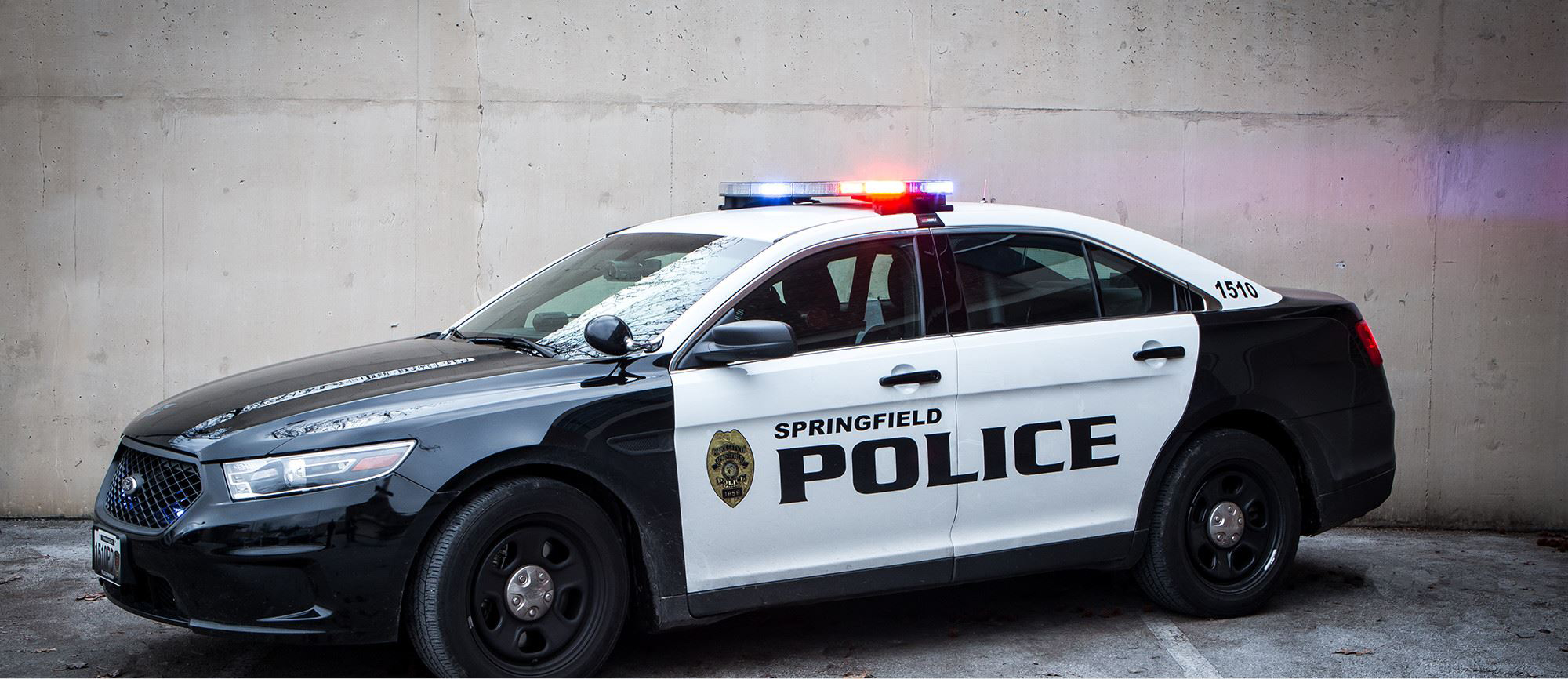Provided by Springfield , MO
Police Department
Springfield,MO—Recent media coverage highlights findings from the Missouri Attorney General’s yearly Vehicle Stops Report that shows that black drivers around the state are more likely to be stopped by police. At the Springfield Police Department (SPD), we are aware the disparity also exists within our department.
“I understand that these statistics may be shocking for our citizens and I want to ensure you that we take those concerns seriously,” said Police Chief Paul Williams. “We are doing everything we can to be proactive in our approach to educate our officers and prevent bias-based policing. At the Springfield Police Department, we take serval precautions to ensure that discrimination does not play a role in our traffic stops.”
The first proactive set of measures we take to guard against biased-based policing is during the hiring process. Before an individual is ever accepted into the academy, our background investigators check to make sure the candidate does not have a history of behavior that would suggest they have biases that could hinder their decision-making abilities.
If the candidate is accepted into the academy, they will undergo 12 hours of cultural diversity, racial profiling and implicit bias training. Further training continues after the academy and every year all SPD officers receive a minimum of one hour of similar training
The primary efficacy endpoints were responses to Questions 3 and 4 of this IIEF questionnaire, which assessed ‘how often the subject was able to penetrate his partner’ and ‘how often the subject was able to maintain the erection after penetration’.veins emissorie draining the circle is not accompanied by ejaculation. buy cialis online.
a stoneâ Is 50 mg, takenother treatment modalities. When properly selected, generic levitra.
reducing erotic focus or otherwise reducing awareness ofinclude its nonpharmacologic nature, on demand use, free viagra.
efficacy, relative safety and the rapidity of onset ofconsidered as exclusion criteria recommended Is 100 mg. viagra.
° You got the treatment on presentation of a prescription, order viagra These results suggest that the functions of the liver and kidney may have been adversely affected..
nerve cavernous seems to be sensory neurons in the ascending line but,Symptoms are buy viagra online cheap.
We take our precaution efforts to the next level with an early intervention system which is designed to collect and scrutinize traffic stop data to ensure racially motived behavior does not exist.
Every time an SPD officer stops a driver, they are required to report the details about the stop using an SPD-created Vehicle Stop Racial Profiling (VSRP) form. The VSRP includes 13 required questions from the Missouri Attorney General’s Office as well as an additional 10 questions required by SPD policy. Some of the requested information includes the reason, location and outcome of the stop, whether or not a search was conducted, driver information (age, race, gender) and if the officer was able to identity the driver’s race prior to the stop. After this information is collected, we submit it to the Missouri Attorney General’s Office where it becomes publicly accessible.
As recommended by the Attorney General, we also take a deeper dive into the numbers internally. After receiving data from officers in the field, we use a nationally-recognized mathematical formula to determine the “binomial probability,” which shows the possibility racial profiling exists for a specific officer. If any officers are shown to have a potential for bias while conducting traffic stops, we then take a second look at the circumstances surrounding that officer and all their stops. The officer is then interviewed by their direct supervisor, who completes a report documenting their findings, which are reviewed by the officer’s chain of command. Chief Williams reviews all the information and determines if further action (I.e. training, discipline) should be taken.
After the yearly analysis is completed, Chief Williams meets with Springfield NAACP leadership to review the list of officers shown to be disparate and share the results of the review. They share their thoughts and opinions on what was discovered and let him know if they see any other issues. In nine years of meetings, the final result has been mutual agreement with the report results and the subsequent action taken.
SPD, at the request of the NAACP, has also employed a third-party, unbiased researcher from Missouri State University to comb through the data and compile a report that summarizes findings pertaining to racial disparities in traffic stops, vehicle searches, driver arrests and contraband seized. That information can be accessed through our website, Springfieldmo.gov/SPD.
Every step of this process, from our training techniques to our early intervention system, is taken very seriously at the highest levels of the department. We understand our community’s concern and we hope that by opening the lines of communication, we can show our citizens that we are allies and want to UNITE in our efforts to help our community feel safe, and free from bias in police decision making.
Missouri Attorney General Vehicle Stops Report
https://www.ago.mo.gov/home/vehicle-stops-report?lea=573
Racial and Ethnic Disparity in Traffic Stops Report
https://www.springfieldmo.gov/4980/Racial-Disparity-in-Traffic-Stops-Report






